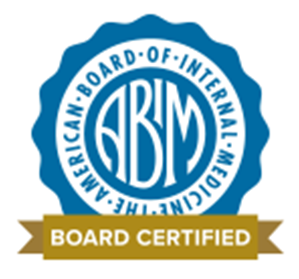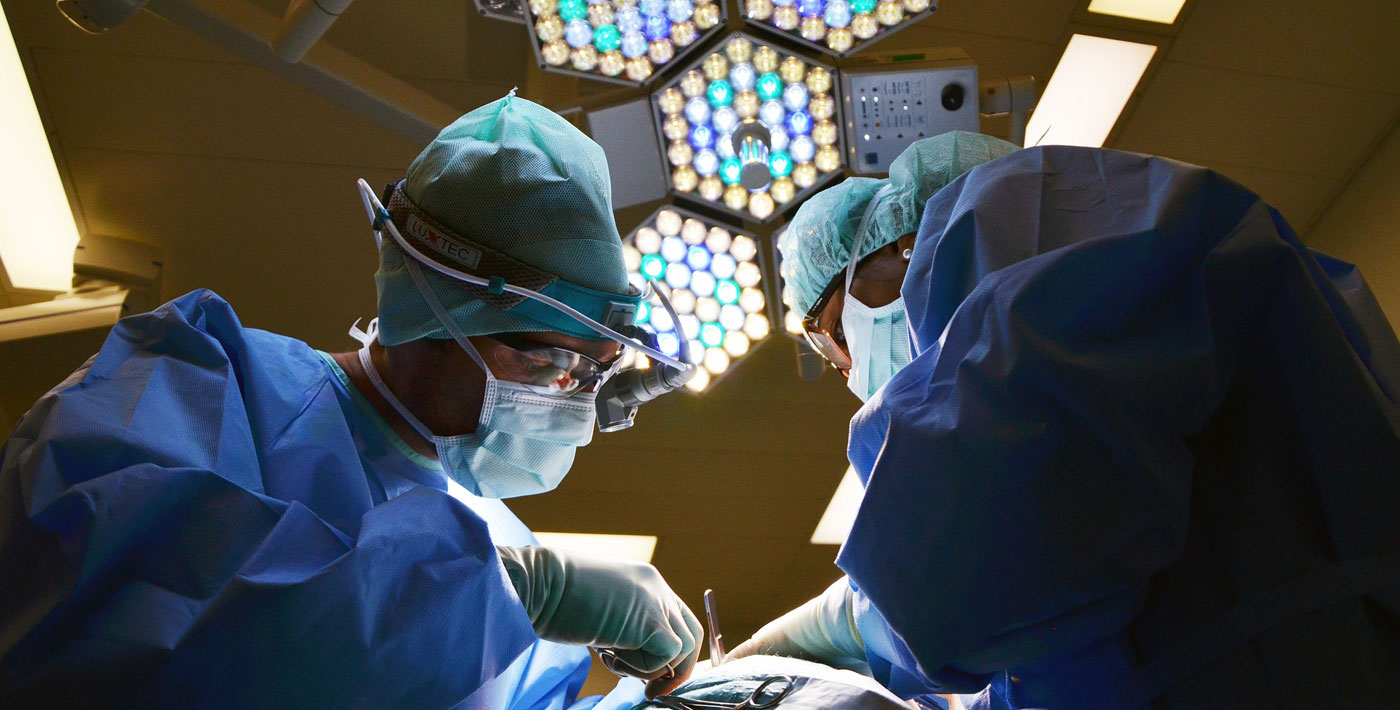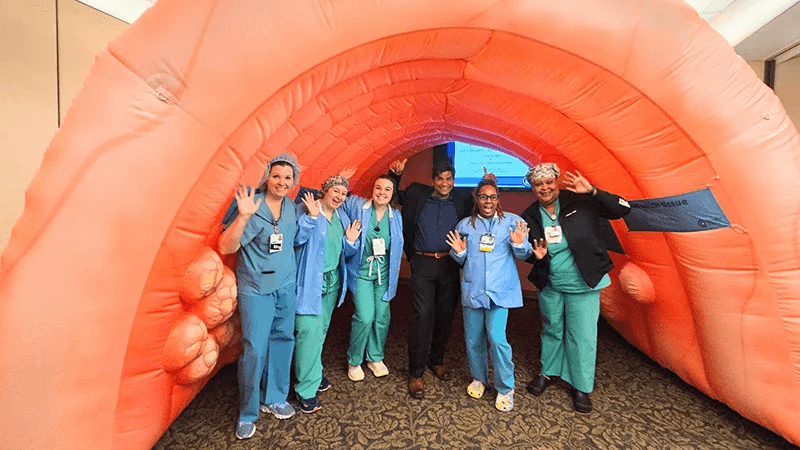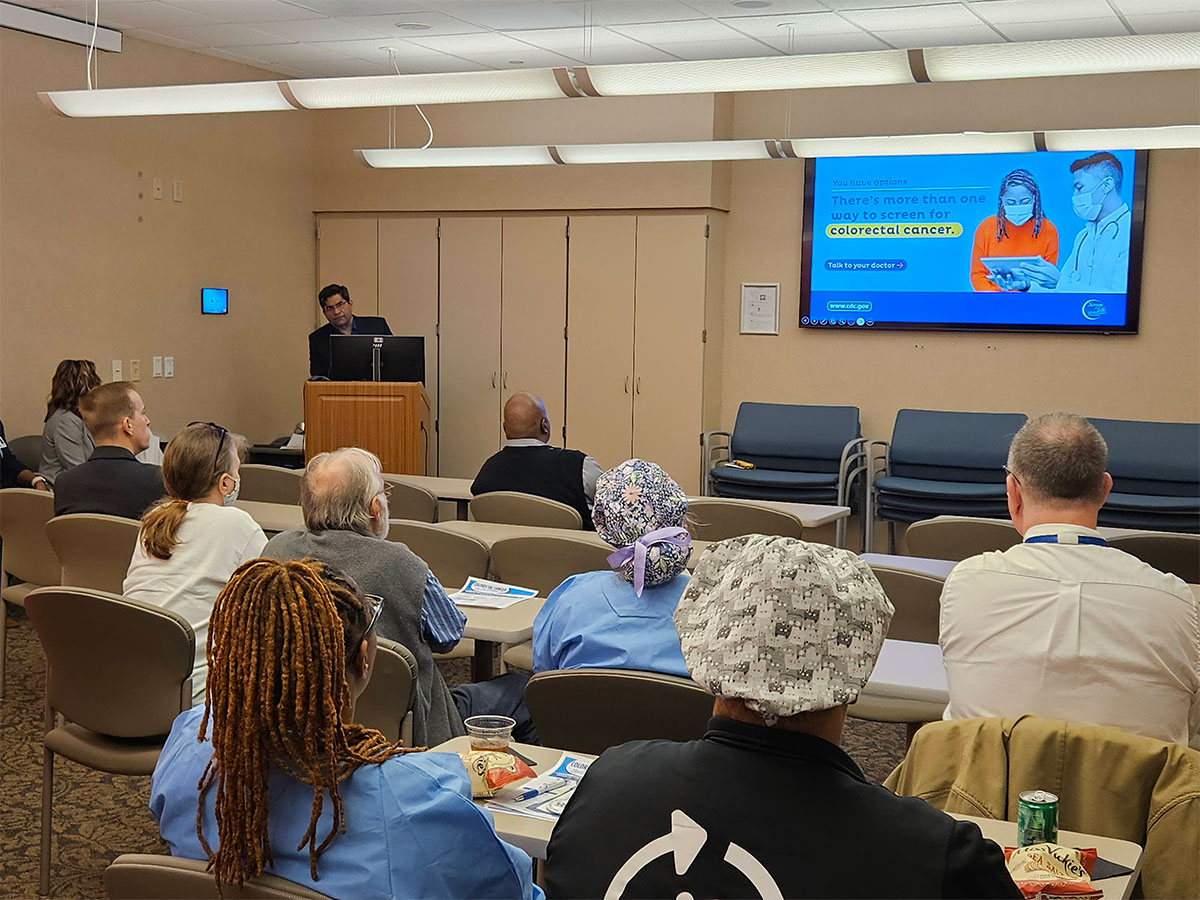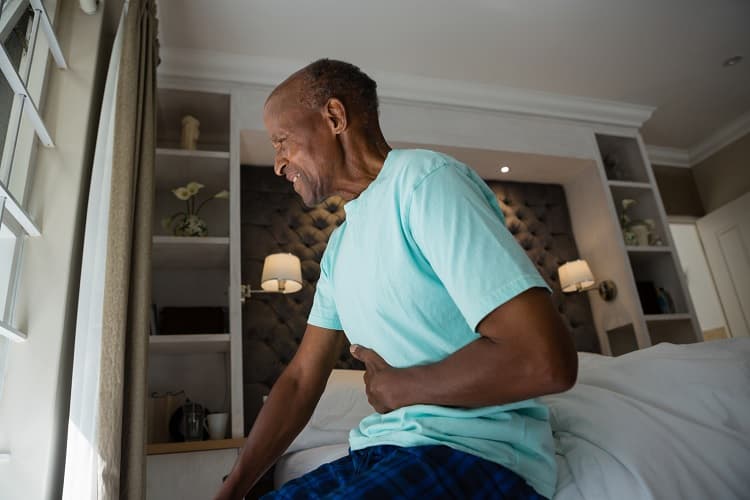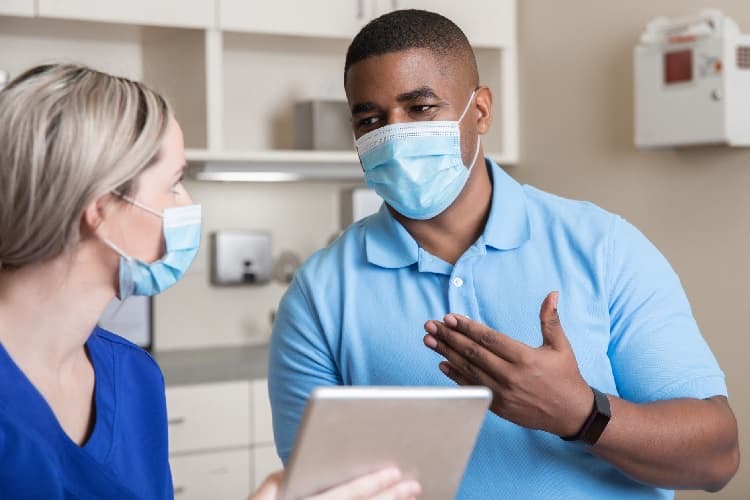The colon cancer death rate in the U.S. has halved since 1970, but Suffolk is in the center of one of three “hotspots” that have proved more stubborn than the rest of the country, according to a recent study.
Published this month in the journal “Cancer Epidemiology, Biomarkers & Prevention,” the study found rates in eastern Virginia/North Carolina were 9 percent higher than the rest of the U.S. during 2009 to 2011.
The other hotspots were 94 counties in the Lower Mississippi Delta — the largest, with rates 40 percent higher — and the western part of Central Appalachia, where rates were 18 percent higher.
Colon cancer is among the most preventable and treatable cancers. In many cases, it starts as a pre-malignant polyp, and once a polyp is detected and removed, cancer is prevented.
The study is prompting a debate about how screening can be improved to prevent or effectively treat more colon cancer, especially after a major insurer, OptimaHealth, recently began covering a non-invasive colon cancer screening test.
Frustrating for Dr. Bunan Alnaif of Western Branch Center for Women — and for many other physicians — is that while colon cancer is highly preventable, it’s also very common. The National Cancer Institute ranks it as America’s third most common type of cancer.
Alnaif says screening can diagnose and prevent 90 percent of colon cancer. “It’s a slow-growing cancer,” she said.
But people often avoid the screening method experts say is the most effective — colonoscopy. Researchers have found many people fear pain or getting AIDS from the invasive test, or they’re just embarrassed. It also requires fasting and a harsh colon cleansing regime.
Alnaif says patients are a lot more accepting of Cologuard, which was approved by the Federal Drug Administration last year and which Medicare also covers.
The test looks for hidden blood and DNA biomarkers in the stool, detecting colon cancer and identifying those at risk of it.
“Once identified in the high-risk population, patients definitely need to have a colonoscopy,” Alnaif said. “If they are negative, it’s reasonable to wait three years (before another screening test), if they want to.”
People who should be screened, according to Alnaif, include anyone reluctant to undergo a colonoscopy who has a family history of colon cancer or who is 50 or older.
Pramod Malik, a gastroenterologist with Gastrointestinal & Liver Specialists of Tidewater — with two office locations Suffolk, one in Carrollton and one in Portsmouth — and who also sees patients at the Bon Secours Digestive Health Institute, points to a lack of access to health care and lower level of education among some local populations.
Most places where colon cancer death rates have remained higher than the rest of the country are within states that have not accepted Medicaid expansion under the president’s health care law, according to Malik.
Malik stresses that as useful as hidden fecal blood tests may be in identifying patients with colon cancer and those at high risk, “they are lousy at picking up polyps,” and cancer is mostly prevented by detecting and removing polyps before they turn into cancer.
“Is Cologuard the best approach? Usually not, because the goal is to prevent cancer, not detect it,” he said.
But, Malik added, while colonoscopy is more effective, the rollout of Cologuard still should help drop colon cancer rates by increasing patient access to screening.
Alnaif and Malik both stress the need for education about colon cancer.
“I think we need to be more proactive as providers — as well as the media,” Alnaif said.
Malik said, “We need to have some type of public education campaign.”
*Content used by permission from Suffolk News Herald. Published 8:35 pm Friday, July 17, 2015

